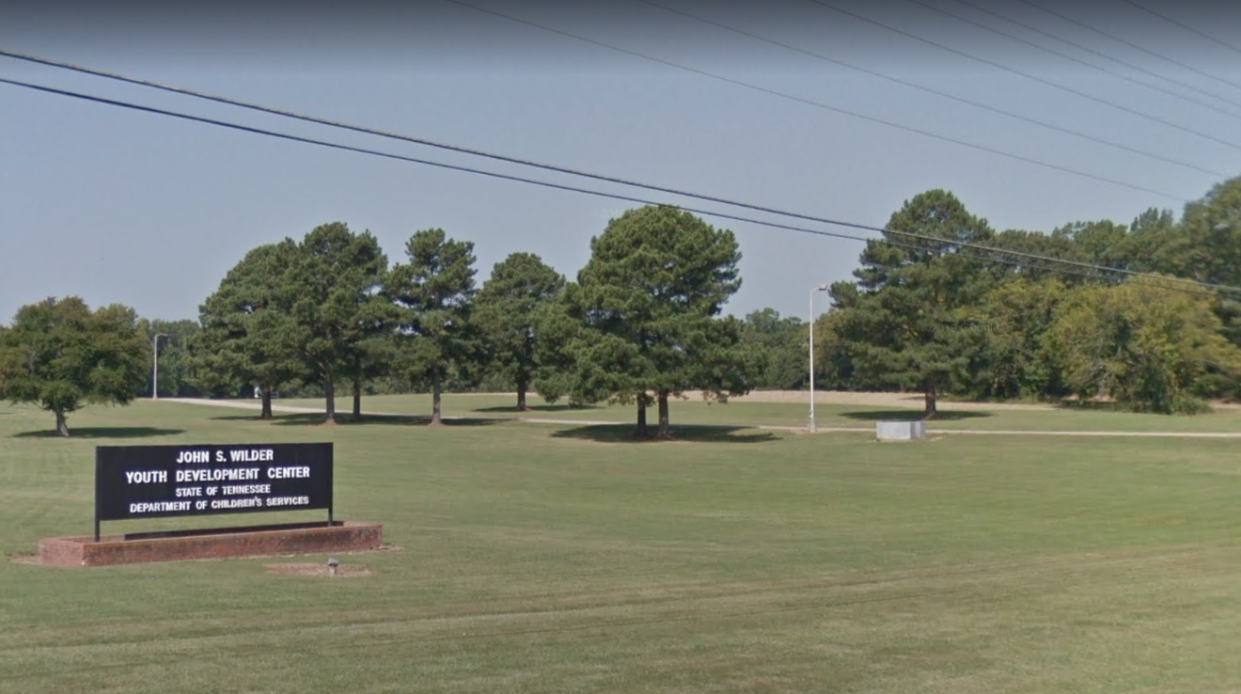After reports of problems in TN juvenile justice facilities, new report outlines solutions

Disability Rights Tennessee and the Youth Law Center have published the final report in a trilogy that offers realistic and actionable steps that could be implemented within Tennessee's juvenile justice system to reduce abuse within juvenile justice facilities and increase the strength of the families and communities that Tennessee children go back to post-incarceration.
The measures proposed by the report detail how the Department of Children's Services could shift funding and efforts away from building new facilities to three focus areas — oversight, family, and communities. The measures detailed by the report would shrink the footprint of the juvenile justice system but expand community and family services to increase successful outcomes for children exiting detention facilities.
Examples of actionable steps in the report include sufficiently funding engagement strategies for parents, connecting more at-risk and post-detention youth to community networks and resources, and increasing the amount of oversight and accountability to ensure youth who are in the state's care are safe.
The researchers also describe an inherent danger for children in detention facilities like the Wilder Youth Development Center. In April 2023, another report from Disability Rights Tennessee and the Youth Law Center detailed a number of state and federal offenses including placing bounties on young inmates' heads by staffers, sexual abuse by staffers, inhumane living conditions and scarce rehabilitative programming.
Disability Rights Tennessee is the federally appointed watchdog group that assesses state compliance with the rights of people with disabilities.
More: Legislative measures targeting bail processes in Tennessee move forward. What happens next
"We continue to be gravely concerned about the safety of youth in facilities like Wilder and offer thatthe best way to keep youth safe from abuse in facilities is to ensure that they never go to one," reads the executive summary.
While juvenile arrests have continued to fall each decade in Tennessee, other metrics like the rate of juvenile deaths from gun violence underscore the complexity of problems that plague, largely though not exclusively, vulnerable communities.
According to the report, more than 80% of the youth interviewed by Disability Rights Tennessee and the Youth Law Center during the Wilder audit had a physical, psychological, or mental disability. More than 95% of the youth interviewed were Black.
The series of reports released by Disability Rights Tennessee arrive as the debate over reducing crime rates rages on, primarily marked by two schools of thought that diverge over the best use of funding and resources, with one side pointing to funding holistic community-based initiatives as a way to prevent crime and another side pointing to an increase in law enforcement and punitive measures as a primary deterrent.
In September, the state approved more than $400 million for new intake and detention facilities. This includes more than $330 million allocated for a new Woodland Hills Youth Detention Center in Nashville and an expansion of the Wilder Youth Development Center.
Micaela Watts is a reporter for The Commercial Appeal covering issues tied to healthcare and resource access. She can be reached at micaela.watts@commercialappeal.com.
This article originally appeared on Memphis Commercial Appeal: Report details how Tennessee can improve juvenile justice system
